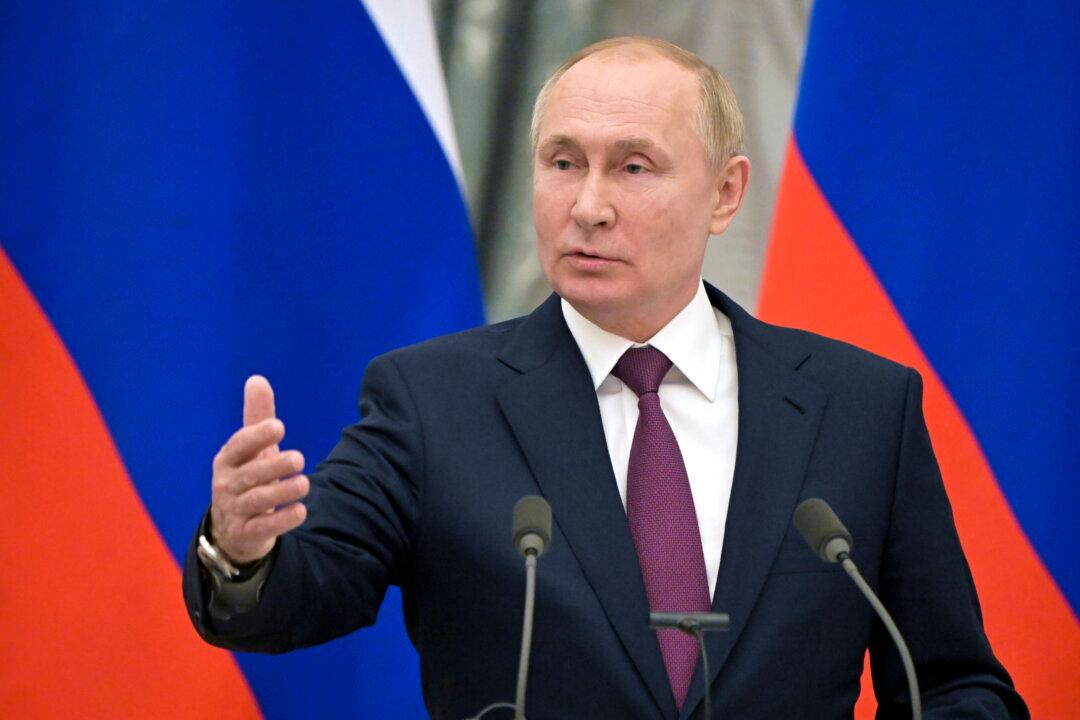Russian authorities on March 2 claimed they were fending off a “terrorist attack” in the country’s western Bryansk region, which shares a border with Ukraine’s northern regions of Sumy and Chernihiv.
“Ukrainian saboteurs infiltrated a border district of the Bryansk region on Thursday morning,” Russia’s TASS news agency reported, adding that at least one person was killed while others were briefly taken hostage.





